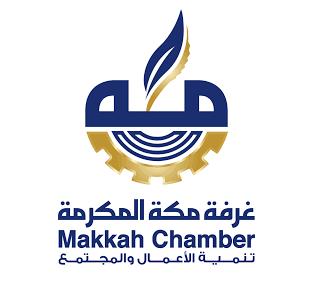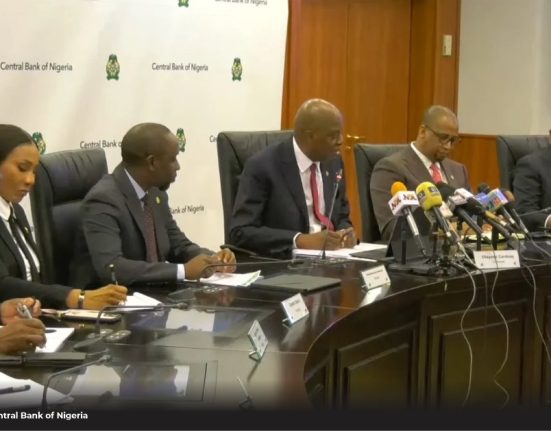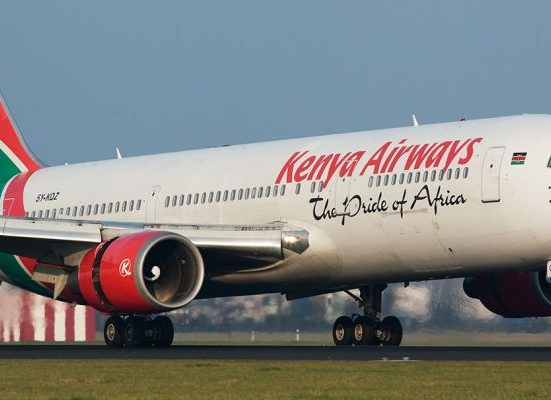In a groundbreaking move that underscores Saudi Arabia’s deepening commitment to digital innovation and global Islamic unity, the Kingdom has announced that the revered Arafat Sermon during the 2025 Hajj pilgrimage will be translated and broadcast live in 35 different languages. This monumental effort is designed to ensure that over five million Muslims from diverse linguistic backgrounds can experience the spiritual depth of one of Islam’s most important annual events.
The Presidency for Religious Affairs at the Grand Mosque in Makkah and the Prophet’s Mosque in Madinah revealed this major initiative as part of its broader mission to enhance the Hajj experience for pilgrims and foster a universal understanding of Islam’s core principles of moderation, peace, and coexistence. The real-time translation of the sermon, which will be delivered at Mount Arafat on the 9th of Dhul-Hijjah, the second day of Hajj, aims to eliminate language barriers and allow worshippers from every corner of the globe to connect meaningfully with the message being conveyed.
Sheikh Dr. Abdulrahman Al Sudais, President of Religious Affairs at the Two Holy Mosques, officially unveiled the project during a high-level meeting held at the Grand Mosque in Makkah. According to Sheikh Al Sudais, this initiative marks the largest enrichment project in the history of the Presidency and serves as a testament to Saudi Arabia’s strategic push toward inclusivity, tolerance, and technological advancement in the service of Islam. He emphasized that the project is in line with the Kingdom’s ongoing efforts to present the true, balanced teachings of Islam and strengthen the spiritual journey of the “Guests of Allah”, as the pilgrims are reverently known.
The 2025 sermon will be delivered by Sheikh Dr. Saleh bin Humaid, a prominent religious scholar and one of the senior Imams of the Grand Mosque. His address is expected to uphold the sermon’s traditional themes of compassion, justice, equality, and devotion, while also resonating with contemporary global concerns faced by Muslims today. Historically, the Arafat Sermon is regarded as the spiritual climax of Hajj, echoing the final sermon of Prophet Muhammad (peace be upon him), and its message continues to hold timeless relevance for the Muslim Ummah.
This latest translation initiative is not limited to physical audiences alone. Through robust digital platforms, live streaming services, and strategic use of social media, the Kingdom plans to amplify the sermon’s reach like never before. According to officials, the technological infrastructure has been enhanced to ensure smooth and accurate real-time translations across languages including English, French, Hausa, Swahili, Urdu, Bahasa Indonesia, and several others commonly spoken among the global Muslim population.
In recent years, Saudi Arabia has leaned heavily on smart technologies to modernize its religious services, particularly during the Hajj season when millions converge in the holy cities. This year’s multilingual broadcast of the Arafat Sermon not only signifies a leap forward in digital da’wah (Islamic outreach) but also reflects a forward-thinking vision that positions the Kingdom as a global leader in religious innovation.
For many Nigerian Muslims, especially those who do not speak Arabic fluently, this development is seen as a welcomed relief. With Hausa among the selected languages, it means thousands of Nigerian pilgrims in the Kingdom, as well as millions back home, can now listen to the sermon in their mother tongue, making the spiritual experience more personal and impactful.
As preparations for Hajj 1446 AH (2025 CE) reach their final stages, authorities in the Kingdom remain focused on delivering a seamless and spiritually enriching experience for all pilgrims. The Presidency has reaffirmed its full readiness, stating that all necessary logistical, technical, and human resources have been mobilized to ensure the success of the multilingual sermon broadcast.
This initiative not only celebrates the universality of Islam but also reflects the evolving role of Saudi Arabia in shaping the future of religious practice through technology and inclusivity. For millions of believers scattered across different continents, hearing the Arafat Sermon in their own language will not just be a moment of inspiration, but a symbol of the unity that Hajj is meant to embody.







